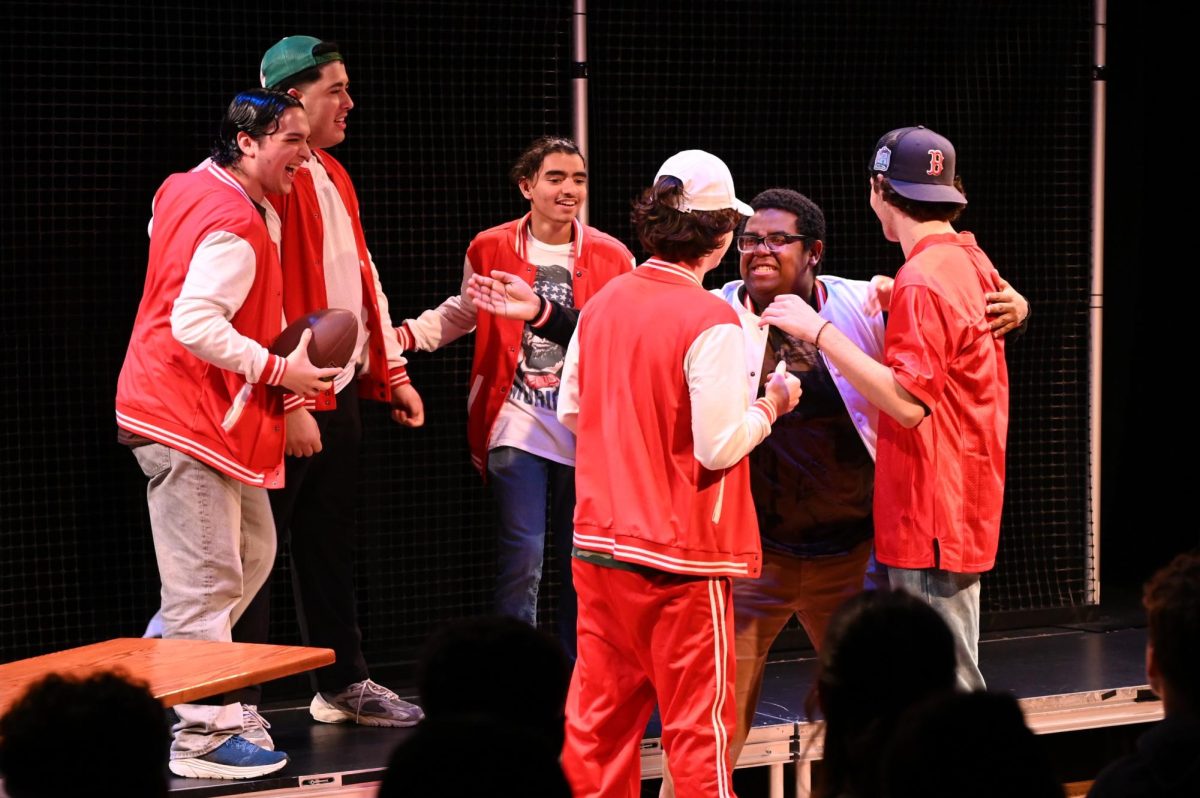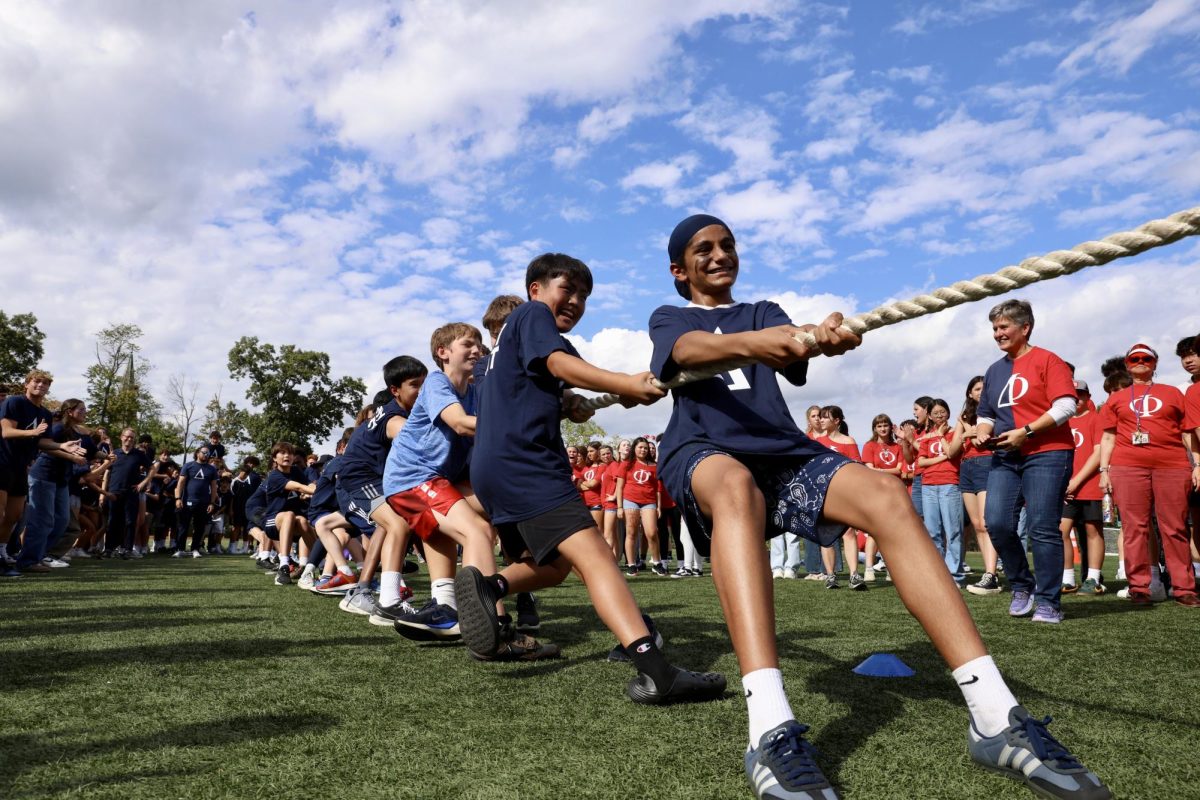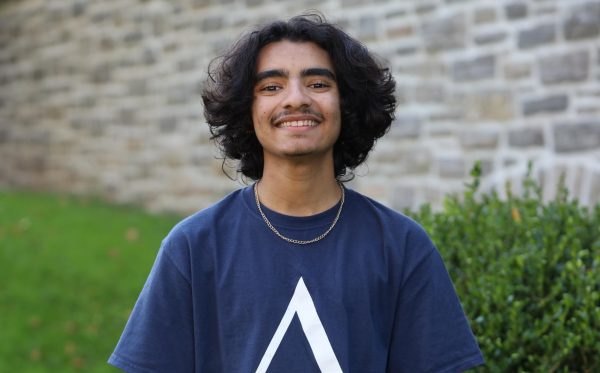In the world of theater, there are roles that challenge you, roles that are considered breakthroughs and roles that resonate on a deeply personal level. For an actor, the opportunity to transform into a character is sometimes more than just a performance—it’s an emotional journey.
In mid-October, I had the chance to portray a character in Naomi Iizuka’s thought-provoking play, Good Kids, and it was an experience that left a lasting mark on my artistic journey.
Good Kids is a play that dives into the harrowing realities of sexual assault, its aftermath, and the societal structures that often exist in silence and victim-blaming. It forces audiences to confront uncomfortable truths, evoking conversations that are crucial in today’s world, especially in high school and college culture.
Stepping into this play as an actor is not only a challenge, but also a huge responsibility of conveying these impactful themes to the public. It is a reminder to artists that the stage is not only a platform for entertainment, but that it’s also a place where we can produce reflection and sometimes even create change.
I played the role of Vic, a complex, party-going, football player who goes through the journey of being a factor of and contributor to pain and assault. Playing Vic was a unique challenge for me, not only through developing acting skills, but also with the added impact of engaging in real and difficult conversations and complex themes. Having been cast in the late spring of my junior year, I was able to study the character and script throughout the summer. We also had occasional cast Zoom meetings as a way to work on the show as a whole company, and it was honestly that supportive environment within the cast that was a highlight coming out of the show. Behind that sense of having to deal with characters filled with trauma and horrible backstories, there was always someone who knew what you were dealing with, and it made you feel like you weren’t alone.
Although I understood the heaviness of the sensitive topics that the show was bringing to the table and I had that support from my castmates, it wasn’t until performing in front of a real audience that it really hit me just how tough of a show this really was. Performing it live for the first time and seeing all the shock and utter disgust on people’s faces really made it hard for me to even continue on with the show.
Throughout the rehearsal process, I would see myself looking back on the themes of the play and thinking about the complexities, but after performing, I realized that it was deeper than that. I found myself trying to separate my own emotions from my character’s and would keep telling myself, “This isn’t you. It’s just a play. You’re just acting.” The emotional impact it had on me and the mental draining it caused made it difficult for me to fully be present in a school work environment. I had to take visits to the Counseling Center as I could barely get through one class period without thinking about this show or this character. It felt like I was almost in a separate acting work environment with just this one show and essentially living a double life.
Even though it may have seemed like just a show at first glance, it was more than that. In reality, Good Kids was a call to action and a reminder of these real world discussions we as not only a school, but also as a community, need to have.
As an actor, though difficult and emotionally taxing, I am grateful to have had the opportunity to contribute to this vital conversation and I hope that Good Kids had that ultimate impact of inspiring change within our community. Even if I was only able to positively impact one person in our community, just one person makes this all worth it for me.








